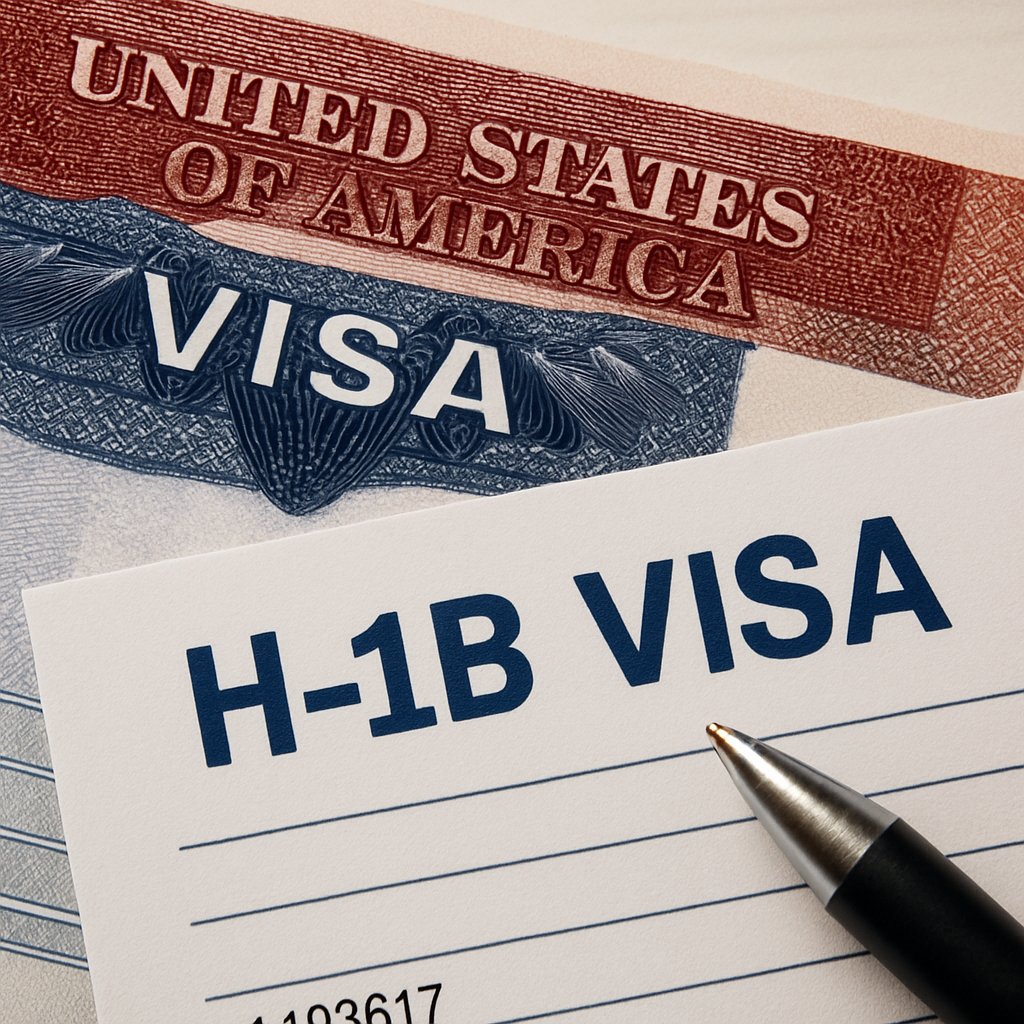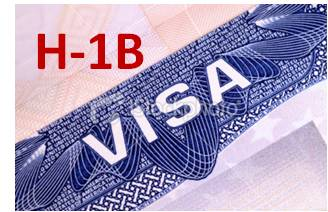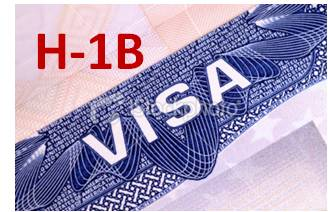On September 24, 2025, the Department of Homeland Security (DHS) published a proposed rule in the Federal Registrar introducing a weighted selection process for H-1B cap-subject petitions. The goal is to increase the chances of “allocation of H-1B visas to higher skilled and higher paid aliens”.
Let’s break it down.
It is proposed that each unique H-1B Beneficiary would be entered into the selection pool in a weighted manner based on the Department of Labor (“DOL”)’s Occupational Employment and Wage Statistics (“OEWS”) wage levels. The methodology is as follows:
- a beneficiary assigned wage level IV would be entered into the selection pool four times,
- a beneficiary assigned wage level III would be entered into the selection pool three times,
- a beneficiary assigned wage level II would be entered into the selection pool two times, and
- a beneficiary assigned wage level I would be entered into the selection pool one time.
The proposed rule makes it clear that “each unique beneficiary would only be counted once toward the numerical allocation projections, regardless of how many registrations were submitted for that beneficiary or how many times the beneficiary is entered in the selection pool.” This would effectively prevent multiple registrations for the same Beneficiary even if they have multiple job offers. This methodology does have some unfair consequences. For example:
- It provides larger companies that can pay higher wages an unfair advantage over smaller companies.
- It limits the availability of H-1B’s for F-1 students who, due to their limited experience, generally fall into the Level 1 and 2 wage levels.
- Occupations with smaller wage ranges between the wage levels have greater chances of being selected than IT/Engineering fields with greater gaps between wage levels.
- Level 3 and 4 wages may become further out of reach for employers in larger cities where the salaries are often higher such as NY and San Franscico.
Surely there has to be a better way to reform the H-1B visa program than by a weighted wage selection program or the recently promulgated $100,000 fee, neither of which are authorized by the INA.
Speak With An H-1B To Green Card Lawyer Today
Transitioning from temporary status to permanent residency is one of the most important steps in an H-1B holder’s immigration journey. With proper planning, detailed preparation, and trusted legal guidance, you can secure a Green Card and build a future in the United States.
Pollak PLLC serves clients nationwide from offices in Dallas and Fort Lauderdale. We offer services in English, Spanish, and additional languages upon request. Contact our H-1B Green Card lawyer today to plan your transition to permanent residency.



